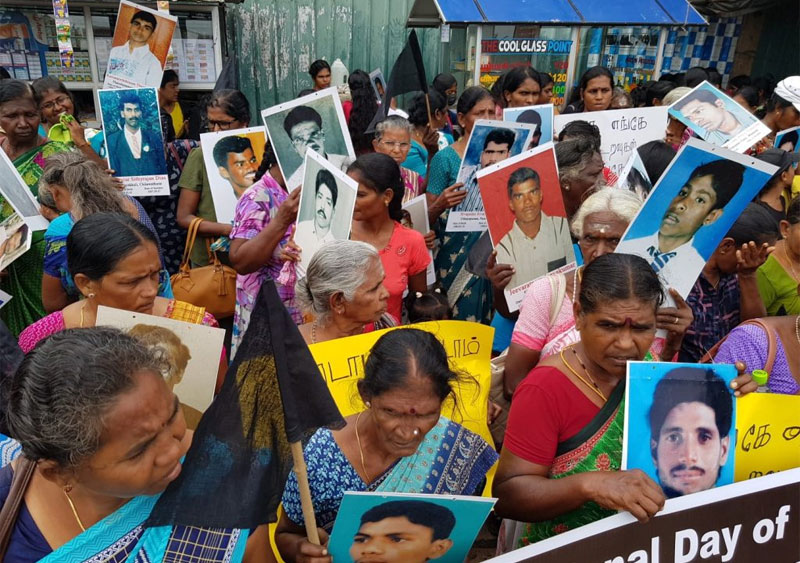The Wages Board yesterday (12) approved a 1,700 rupee minimum wage for Sri Lanka’s estate sector workers.
The decision, which came after extensive deliberations, was passed with 14 votes in favour, 3 opposed, and 1 abstention.
However, the three labor unions affiliated with the Janatha Vimukthi Peramuna (and National People’s Power), a political party that positions itself as a Marxist-Socialist alternative, voted against the wage increase.
Minister Jeevan Thondaman, General Secretary of the Ceylon Workers’ Congress (CWC) and a key advocate for the wage increase, expressed his gratitude to the Regional Plantation Companies (RPC) and the Employers’ Federation representatives for their support of the wage reforms.
Minister Thondaman highlighted the irony of the situation, noting that while the RPC representatives ultimately backed the proposal following extensive discussions, it was the JVP-aligned unions who opposed it. The unions’ decision to vote against the wage hike, which is aimed at aligning with Fairtrade International’s recommended Living Wage, has raised questions about their commitment to the welfare of the very workers they claim to represent.
“While I am aware of the ongoing differences between companies and trade unions, I am confident that coming to agreements on these important issues will help us advance and revitalise the island’s tea sector,” Minister Thondaman stated. He praised the tireless efforts of former Minister Manusha Nanayakkara, whose negotiations were instrumental in securing the support of the companies involved.
Minister Thondaman also expressed his gratitude to President Ranil Wickremesinghe for his commitment to improving the lives of plantation communities throughout his term in office. The wage increase is expected to play a critical role in reducing poverty levels, addressing child malnutrition, and lowering school dropout rates in the estate sector.
Minister Thondaman also reiterated his belief that the current daily wage model is unsustainable and advocated for a shift towards a more productive smallholder or outgrower model, which would empower tea estate workers to become tea farmers of their own land. This model, supported by data, has been shown to increase both production and income levels. The vast majority of Sri Lanka’s tea production is from small holders, despite RPCs having the most land.
“Change does not come overnight,” the Minister acknowledged, “but this wage increase is a crucial step forward in ensuring fair wages and decent living standards for the estate sector.”
The wage increase marks a major milestone in the ongoing efforts to uplift the estate sector, but the unexpected opposition from JVP/NPP-affiliated unions highlights the complexities and challenges that remain in securing a fair and just future for all workers.





















